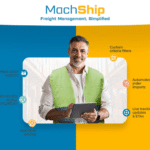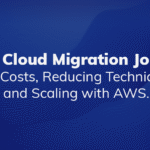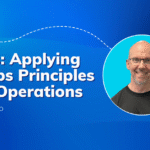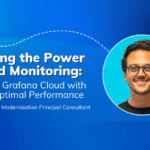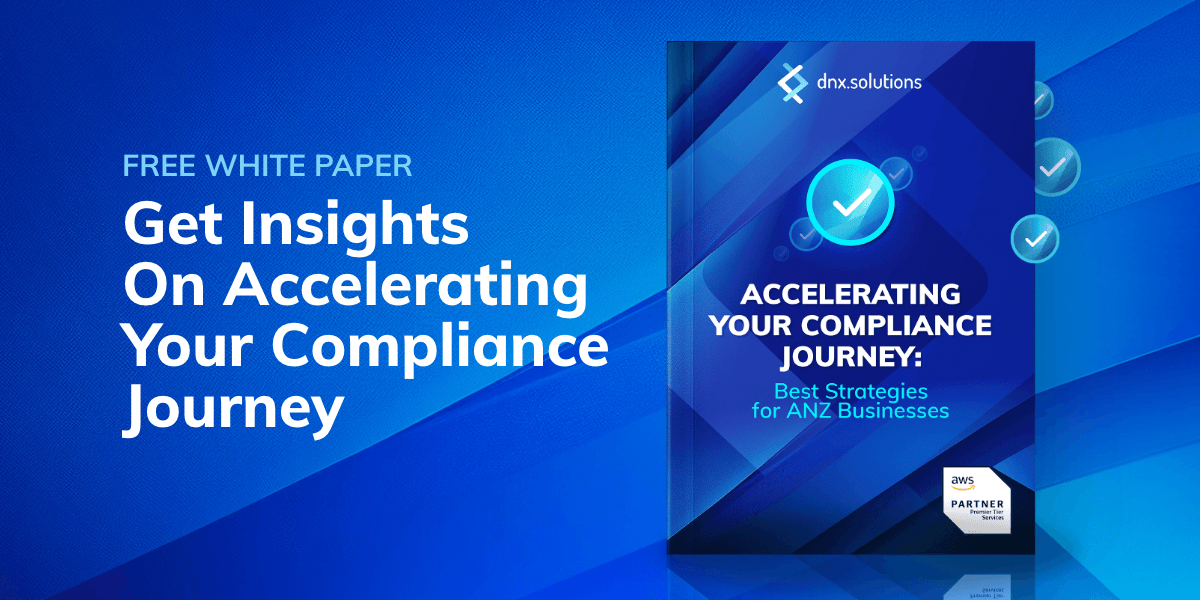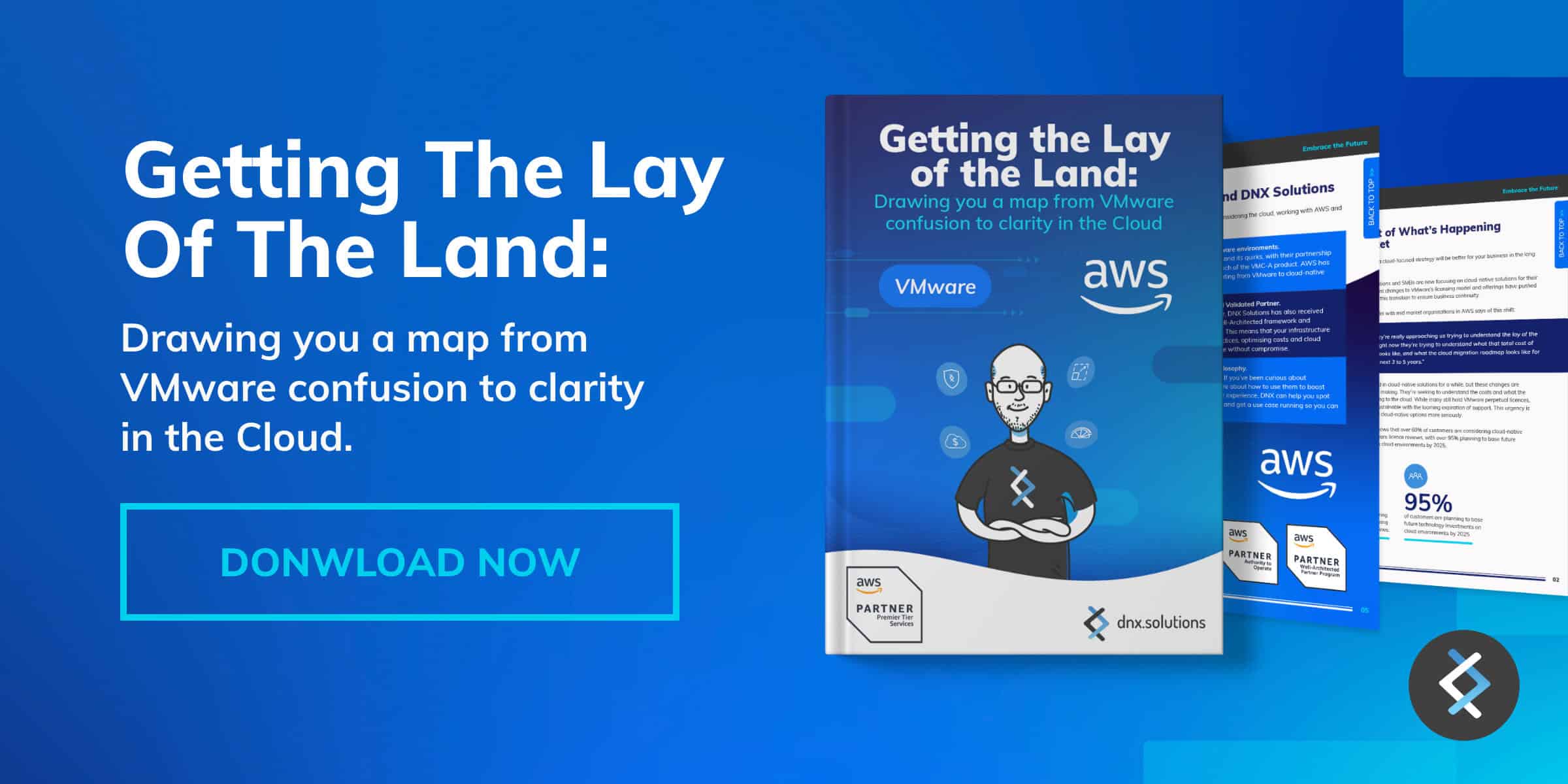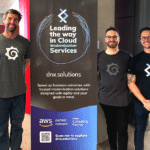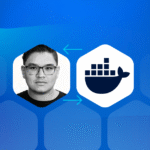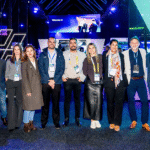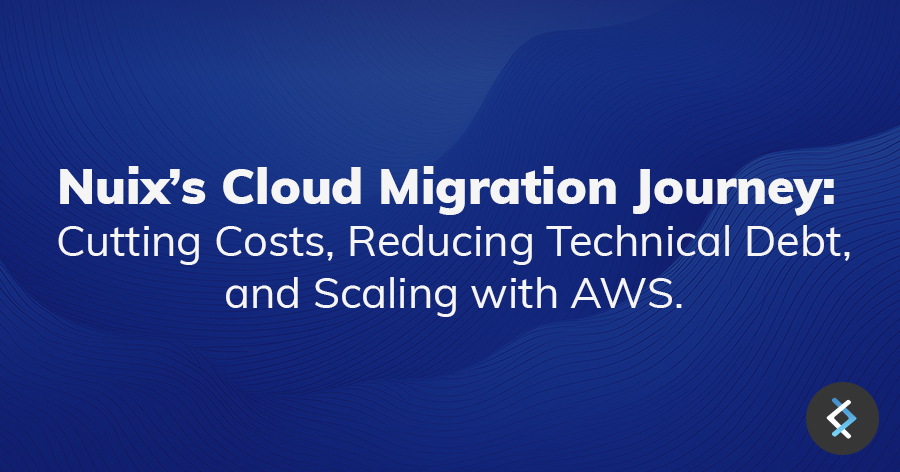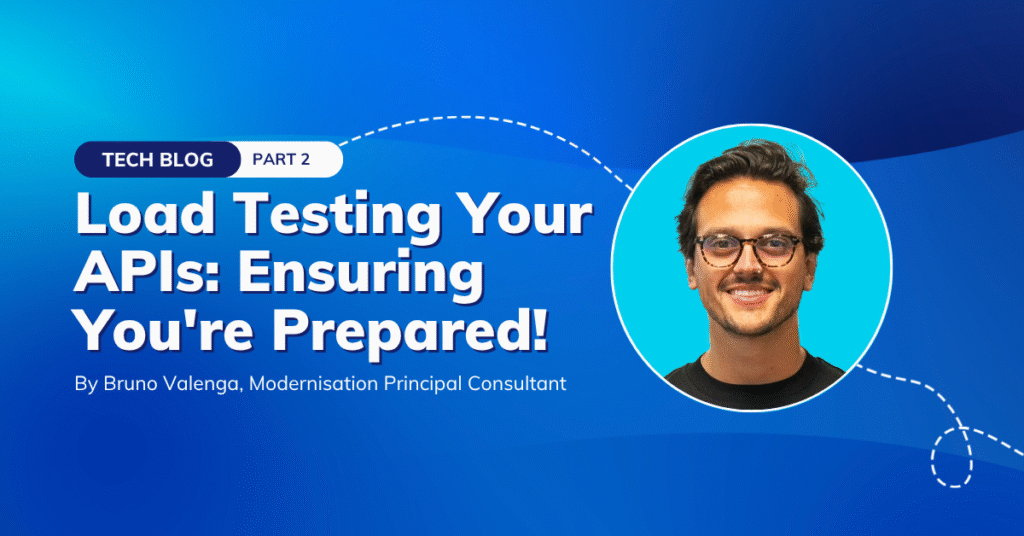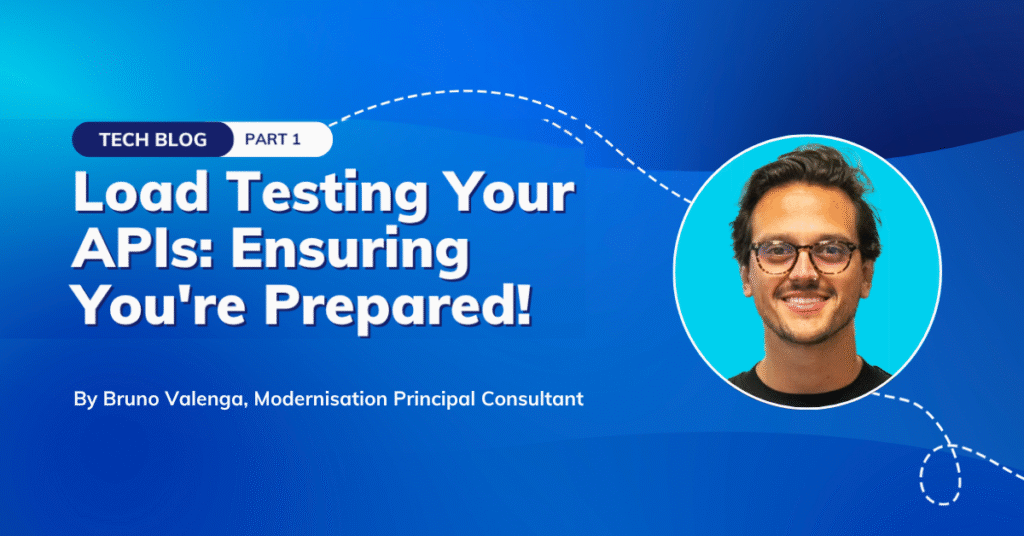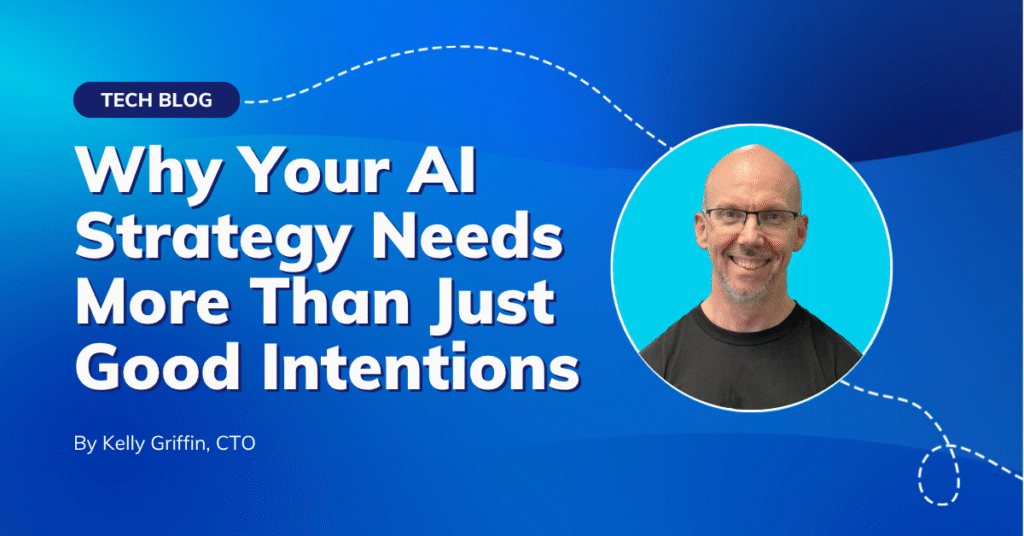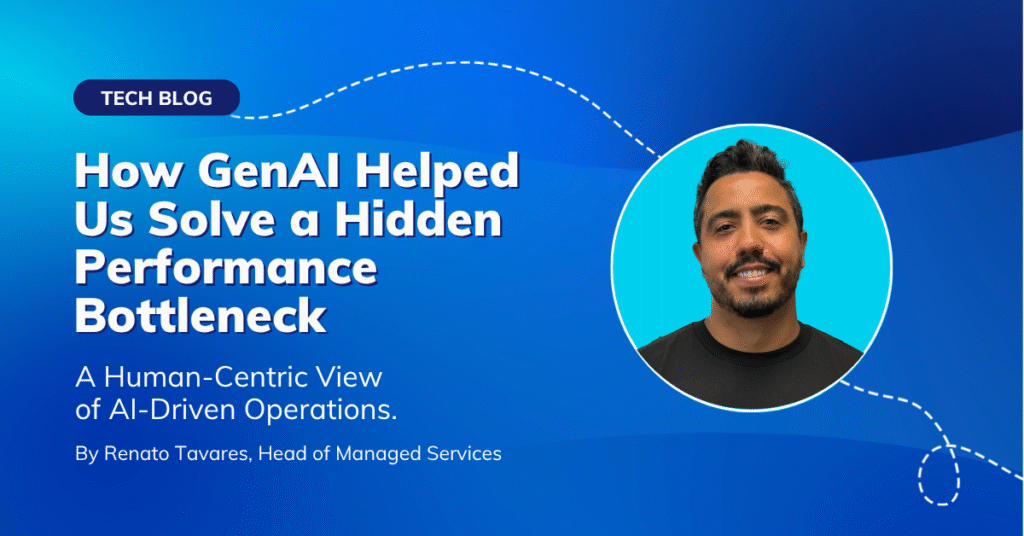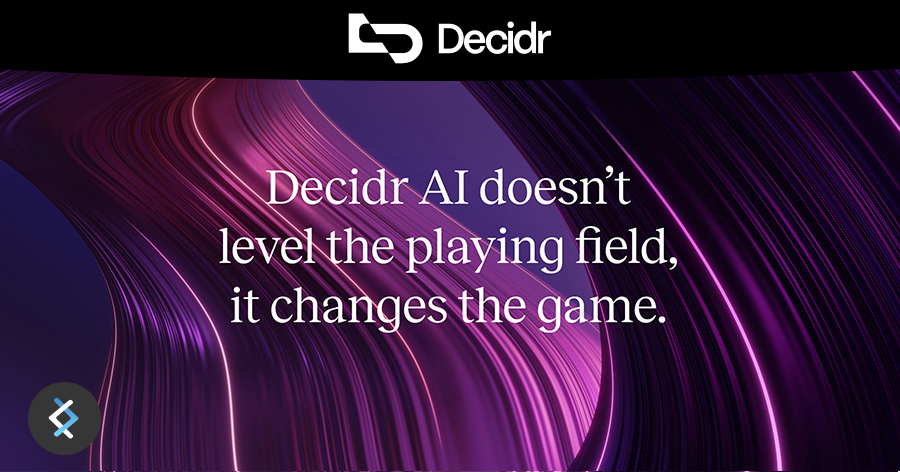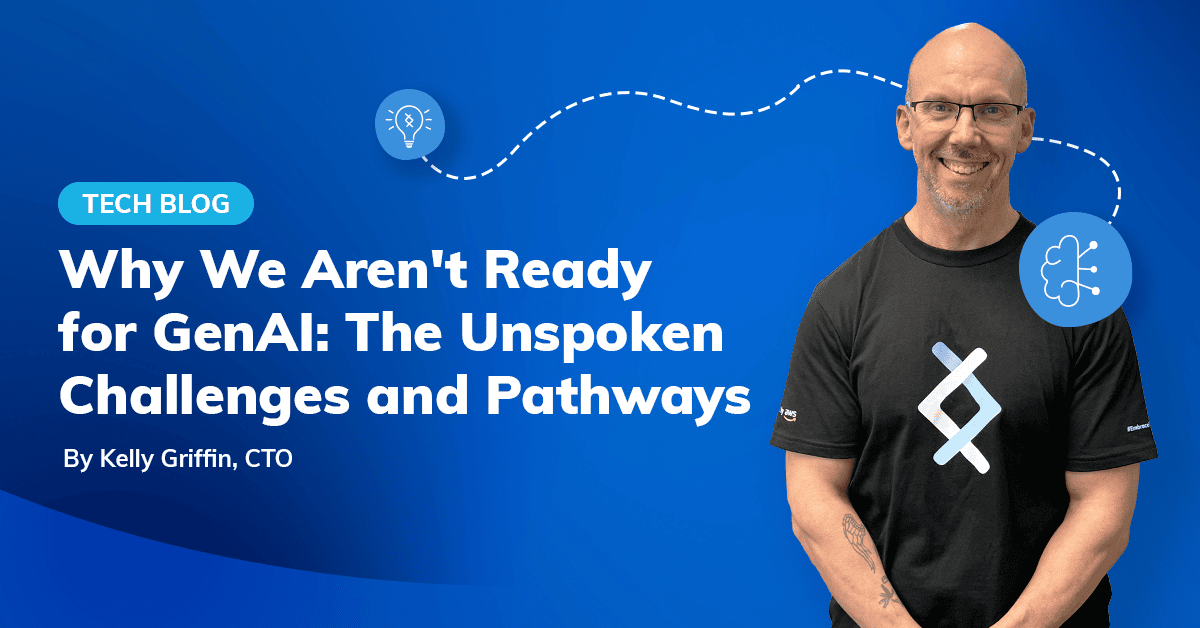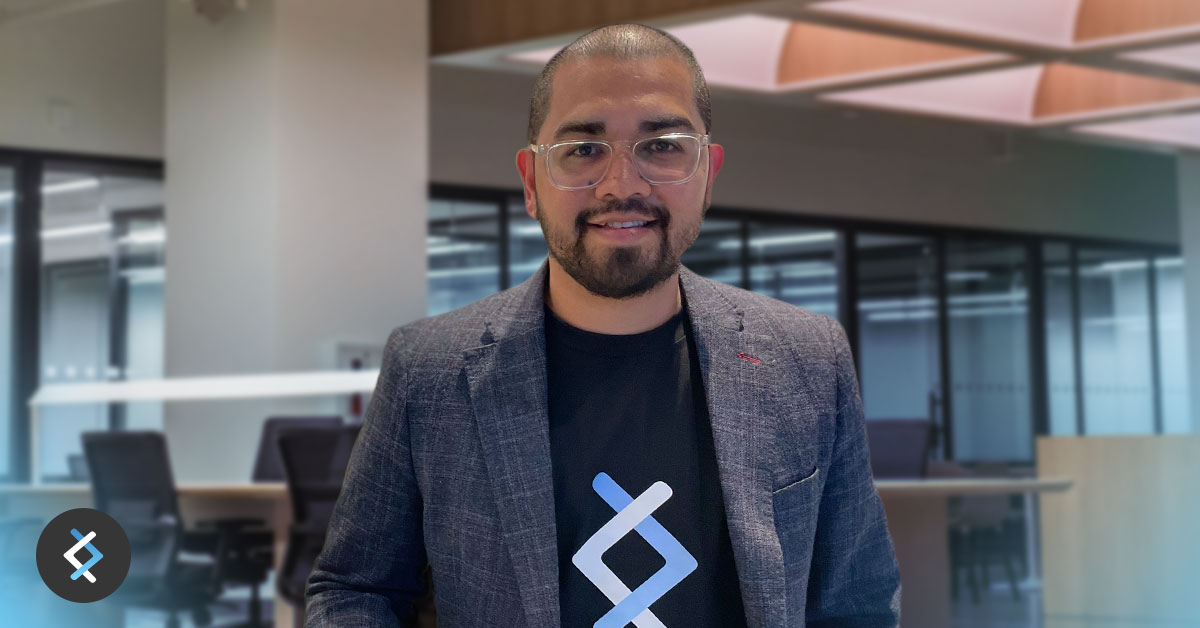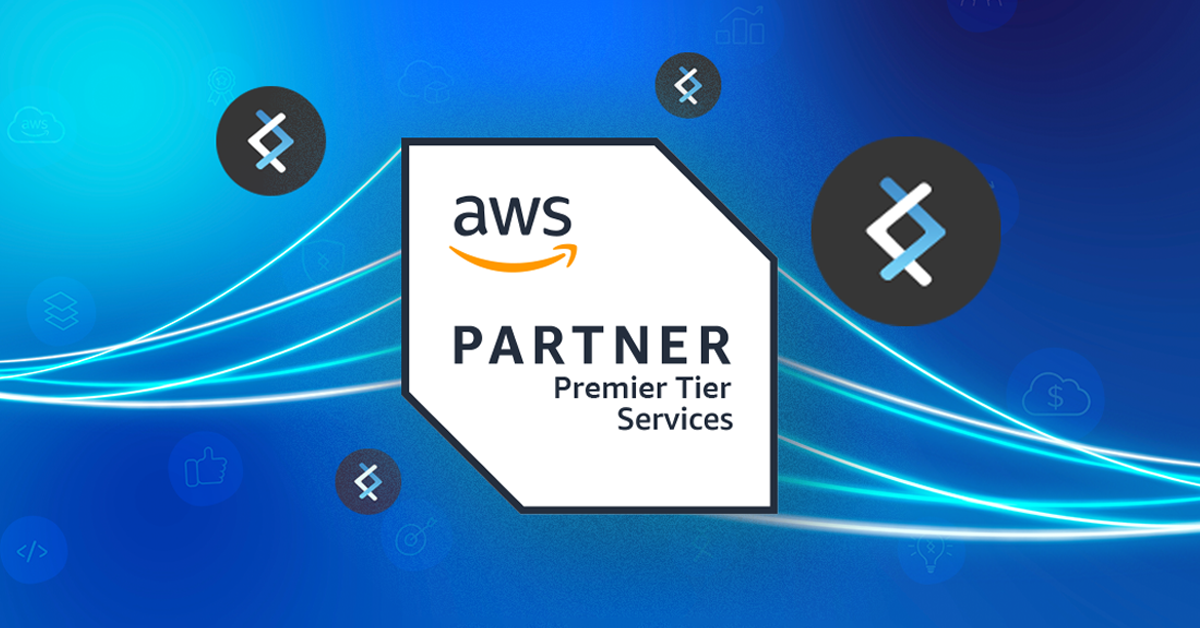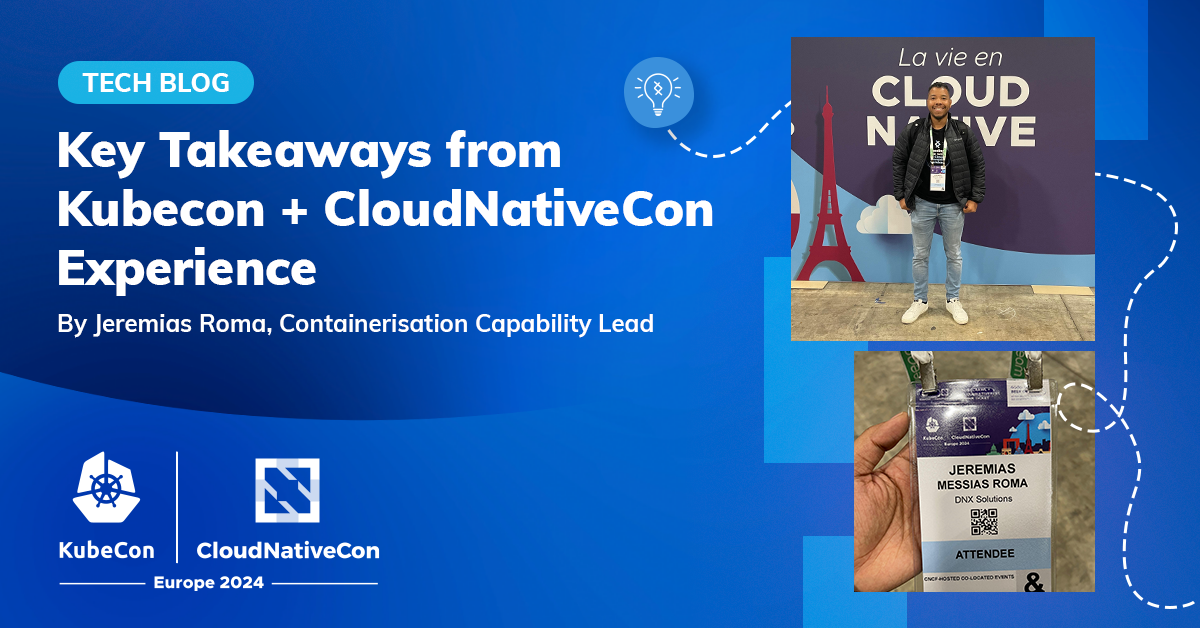
After a 24-hour flight from Sydney to Paris, I arrived at my first KubeCon (also my first time in Europe!). Despite the long flight, I was really excited for the event to unfold as it also coincides with the 10th anniversary of Kubernetes.
As the Containerisation Capability Lead at DNX, I was selected to attend KubeCon + CloudNativeCon Europe 2024 due to our pivotal role in the “Move to Containers” initiative, central to our Modernisation Pathways from AWS. DNX pioneers this pathway for cost efficiency, speed, and agility while staying immersed in the CNCF ecosystem.
Attending KubeCon reaffirms our commitment to staying ahead of industry trends and our role as trusted advisors who work backwards from our customers’ needs, ensuring we provide the most relevant, cutting-edge solutions tailored to their specific challenges.
What is KubeCon?
Organised by the Cloud Native Compute Foundation (CNCF), KubeCon + CloudNativeCon aims to unite top developers, end users, and vendors for what has become one of the largest open-source developer conferences worldwide. The event happens twice a year in the United States and in Europe – with Paris hosting Europe’s this year (2024). The four-day event features the first Cloud Native Con, a day-long conference with smaller sponsored events from partners such as Red Hat, New Relic, ArgoCD, and Istio, followed by KubeCon, a three-day event that brings innovative talks related to the Kubernetes world and its ecosystem. As expected, AI, observability, and security were the hot topics throughout the event.
Accelerating Artificial Intelligence with Kubernetes
Artificial Intelligence (AI) has rapidly transformed from a futuristic concept to a critical component of modern business strategy. Its importance stems from its ability to revolutionise how companies operate, innovate, and deliver value to customers.
A common joke during the event was how to get away from the AI talks, illustrating the remarkable growth of this subject. Attendees were eager to just dive into topics like GenAI and LLM, reflecting a keen interest in expanding their understanding of AI. However, this eagerness also results in more questions, such as how to expedite data scientist output without burdening them with infrastructure management and optimising available compute resources. Kubernetes, alongside its plethora of tools, many falling under the CNCF umbrella, proves instrumental in addressing these challenges.
During the keynote, NVIDIA talked about dynamic resource allocation to allocate fractional GPUs, touching on the importance of resource utilisation, due to the expensiveness and the shortage of GPU. Other talks such as “GenAI at Scale: Simplifying Orchestration of Healthcare Applications Across Multi-Cluster Environments” from ELOTL’s Selvi Kadirvel, and Red Hat’s Christopher Nuland, and Unleashing the Power of DRA (Dynamic Resource Allocation) for Just-in-Time GPU Slicing presented by IBM’s Abhishek Malvankar & Olivier Tardieu, reinforced how Kubernetes can cost-effectively help managing compute resources and the life cycle of AI processes.
KubeCon 2024: Shifts in Embracing Observability in Cloud Environments
Observability had a huge impact at the event, highlighting its increasing importance in modern cloud-native environments. It shows the critical need to prioritise support for observability, particularly for legacy applications or those operating in heterogeneous environments.
A key takeaway was the shift towards a more comprehensive Span/Distributed Tracing model, moving beyond traditional logs and metrics monitoring. This evolution aligns with the principles advocated by OpenTelemetry, offering valuable insights into the complex interactions within distributed systems.
The transition from a logs/metrics-centric approach to distributed tracing is essential for modern monitoring and troubleshooting. It enables organisations to gain deeper visibility into the flow of requests across microservices architectures, facilitating quicker detection and resolution of performance bottlenecks or errors.
However, the event didn’t only focus on theoretical advancements but also showcased practical tools and strategies for implementing observability in Kubernetes and cloud-native environments. From innovative tracing frameworks such as OpenTelemetry to automated observability pipelines, attendees were presented with a wide-ranging of solutions designed to streamline observability workflows and enhance operational efficiency.
Spotlighting Security in Kubernetes Environments
The third pillar of the event, Security, remained a hot topic at the event, although it has lost ground to AI and Observability. Iain Smart from ControlPlane showcased during the “I’ll Let Myself In: Kubernetes Privilege Escalation Tactics” talk that even using RBAC protections, one still can escalate privileges on a Kubernetes environment using annotations, which can lead to dangerous exposure of an environment.
Other topics like Kubernetes multi-cluster also caught my attention, especially because of use cases when applications reside in different regions due to data sovereignty, or different teams and companies working together after a merging or acquisition. Cilium Cluster Mesh emerged as a great solution to overcome the challenges of having multiple clusters. During the talk “Simplifying multi-cluster and multi cloud deployments with Cilium”, Liz Rice, Chief Open Source Officer at Isovalent put on a show connecting two clusters, showcasing the powerful capabilities of Cilium Cluster Mesh.
Key Kubernetes Insights: Observability, Security, and AI Adoption
My biggest takeaway from the event is the crucial role of Observability and Security in workload migration to Kubernetes. These topics were extensively covered, from securing clusters and applications to collecting metrics from both cloud-native and legacy systems. While Artificial Intelligence is a trending topic, Kubernetes emerges as the preferred platform for hosting AI solutions.
In summary, KubeCon + CloudNativeCon is essential for staying updated on Open Source and Kubernetes developments. The event delves into trending tech topics with a focus on their application in modern, cloud-native platforms like Kubernetes. It also provides a valuable opportunity to connect with top community developers worldwide, bounce ideas, and expand your network.
Modernise with Us: Get in Touch
Is your organisation ready to modernise but unsure where to start? Let us guide you through the first critical step with our Modernisation Readiness Assessment. We’ll align your modernisation journey with your core Business, People, and Technology goals, ensuring a seamless transition and realisation of Modernisation. Discover how ready you are and outline the next steps to take your business to the next level.
Ready to fast-track your journey? Our Modernisation Acceleration (ModAx) program is designed to propel your modernization efforts forward in just 6 weeks. Dive into a comprehensive, accelerated path that merges strategy with action, tailored to your specific needs.
Take action today. Contact us to learn more about how we can tailor these initiatives to your organisation, helping you achieve a modern, agile, and efficient cloud platform with AWS. Let’s modernise together, faster and smarter.

